On June 20, Russian President Vladimir Putin gave an interview to the press after his trip to Asia.
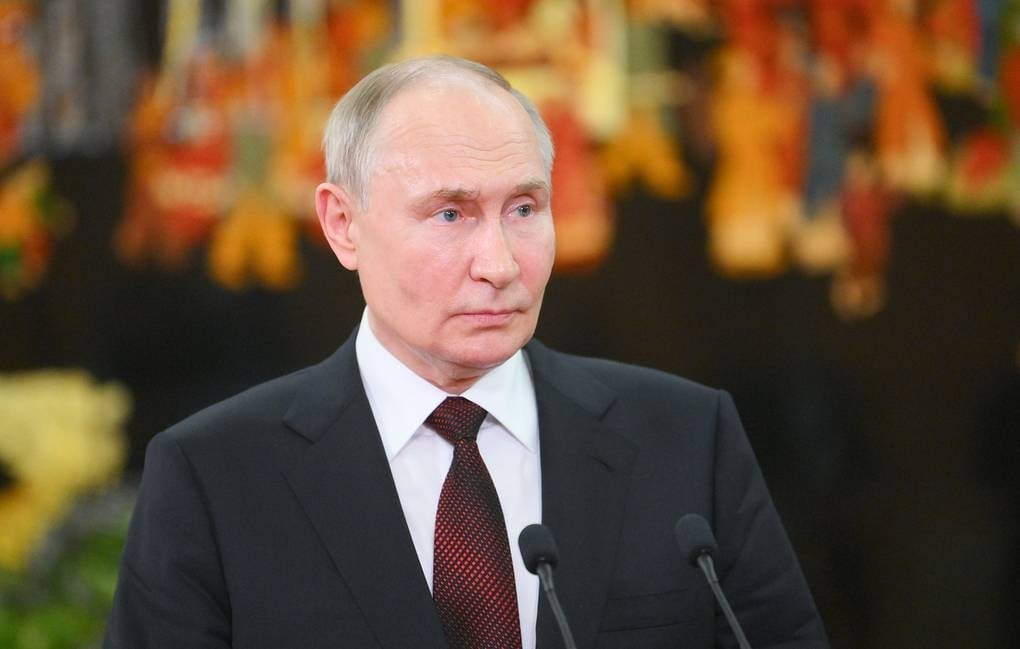 |
| Russian President Vladimir Putin. (Source: TASS) |
According to the Russian leader, Moscow is now considering amending its nuclear doctrine " due to new factors emerging - at least we know that potential adversaries are making efforts... to lower the threshold for using nuclear weapons. In particular, ultra-low-yield nuclear explosive devices are being developed."
Stressing that Russia is taking into account drastic changes in the security sphere, such as the development of small-sized nuclear weapons, President Putin reminded that some Western experts now see no problems in using such weapons.
“We know it might not be terrible, but we have to be aware of it. We are thinking about possible changes in our strategy,” he said.
However, Russia has no intention of including a provision on the possibility of a preemptive nuclear strike in its nuclear doctrine at this time, because a retaliatory strike would guarantee the destruction of the enemy.”
Current doctrine stipulates that Russia could use nuclear weapons in response to a nuclear attack or in the event of a conventional attack that poses an existential threat to the state.
Referring to the conflict with Ukraine, the Kremlin chief said that Russia is ready to negotiate to resolve the Ukrainian conflict "tomorrow", but to achieve this, all parties involved should study peace proposals, noting that Moscow has already put forward its proposal.
In addition, accusing Ukraine of "forbidding itself from negotiating", Mr. Putin affirmed that Moscow has never rejected the idea of this, but will only accept the readiness to continue sitting at the dialogue table "based on the agreements... reached after nearly a month and a half of difficult negotiations in Istanbul and Minsk".
Referring to the Comprehensive Strategic Partnership Agreement that he signed with North Korean leader Kim Jong-un in Pyongyang on June 19, the Russian leader expressed hope that these agreements would help prevent the situation from escalating on the Korean Peninsula.
“The North Korean crisis is a slow-burning crisis. But we believe and hope that our dealings with the Democratic People’s Republic of Korea will act as a deterrent to some extent to prevent this crisis from escalating into a hot phase,” he said.
He affirmed that this agreement is nothing new but is similar to the previously expired bilateral treaty signed by the two countries.
Asked why Chairman Kim Jong-un decided to sign the treaty when "an undeclared war is being waged against Russia", Mr Putin replied: "You ask him that."
Source: https://baoquocte.vn/tong-thong-nga-xem-xet-sua-doi-hoc-thuet-nuke-san-sang-dam-phan-ngay-ngay-mai-noi-phong-vien-hay-hoi-chu-pich-trieu-tien-mot-dieu-275767.html




![[Photo] Unique Phu Gia horse hat weaving craft](https://vphoto.vietnam.vn/thumb/1200x675/vietnam/resource/IMAGE/2025/10/10/1760084018320_ndo_br_01-jpg.webp)
![[Photo] Ho Chi Minh City is brilliant with flags and flowers on the eve of the 1st Party Congress, term 2025-2030](https://vphoto.vietnam.vn/thumb/1200x675/vietnam/resource/IMAGE/2025/10/10/1760102923219_ndo_br_thiet-ke-chua-co-ten-43-png.webp)

![[Photo] Opening of the World Cultural Festival in Hanoi](https://vphoto.vietnam.vn/thumb/1200x675/vietnam/resource/IMAGE/2025/10/10/1760113426728_ndo_br_lehoi-khaimac-jpg.webp)
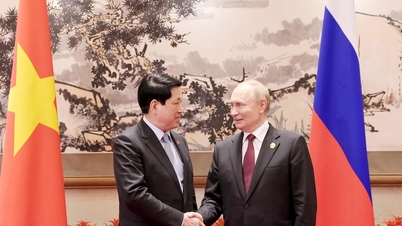




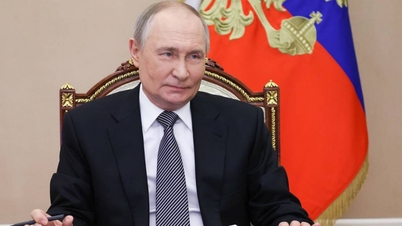



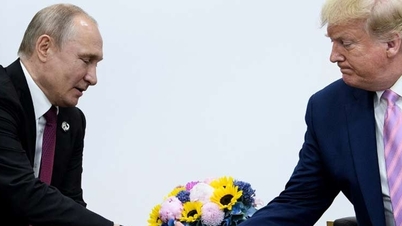
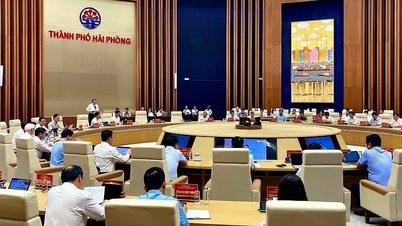



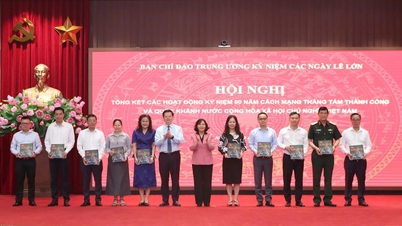








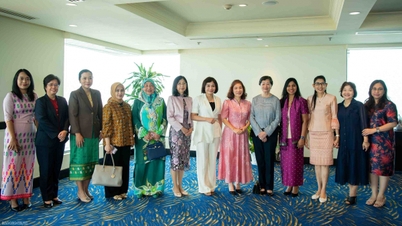
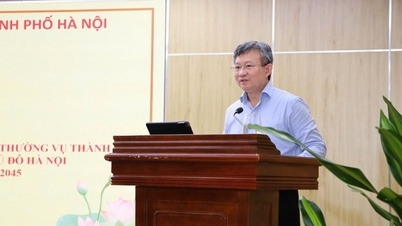

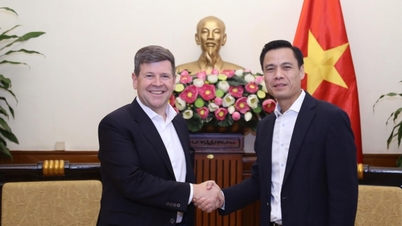



















































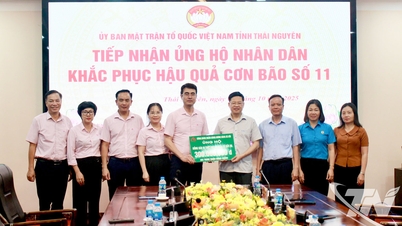

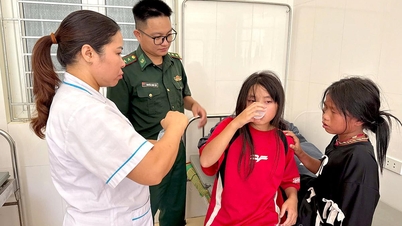

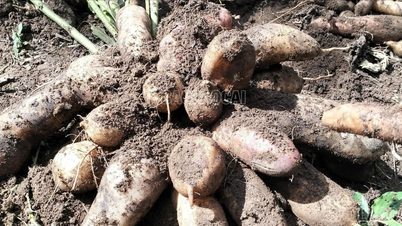














Comment (0)